Costa Ronin Stars in a New Documentary About Late Soviet Film Star Oleg Vidov
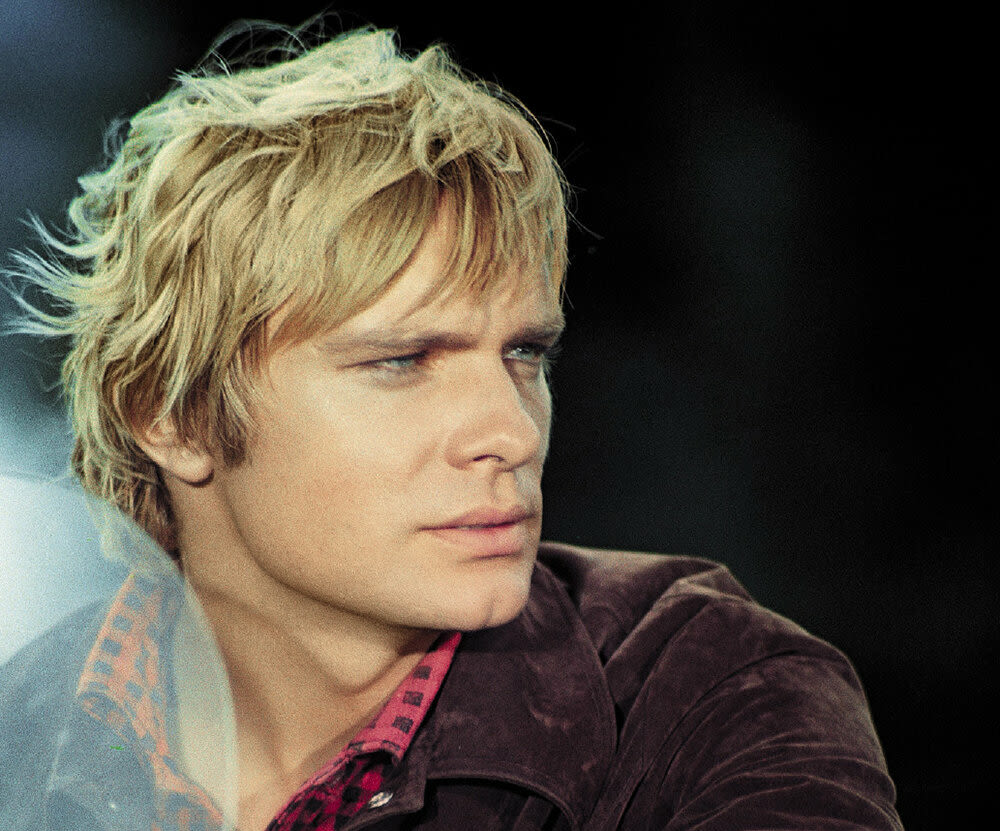
Oleg Vidov
Image: Courtesy Photo
A few years ago, film producer Joan Borsten began assembling the players she wanted to take part in a documentary about the life of her late husband, Soviet film star and political refugee Oleg Vidov. Vidov’s life contained all the twists and turns of a political thriller—a dramatic story he wanted to be told.
“My husband was writing an autobiography before he passed and left me a list of 60 people in eight countries to talk to,” Borsten recalls with a laugh. “I grew up in the film industry and realized that no one on his list was getting any younger or healthier, so we decided to film the interviews.” The process took three years, and the end result is Oleg: The Oleg Vidov Story, which played at this month’s Sarasota Film Festival.
Borsten and Vidov met in Italy in the early 1980s. Borsten—who worked in journalism for a time—had been sent to New Delhi by the Los Angeles Times to interview director Federico Fellini’s personal fortune teller. After she finished the interview, the fortune teller took her hand and told her, “You’re going to marry a man from a strange country.”
“When I was on assignment for the paper in other countries, I kept wondering, ‘Is this where Romeo lives?’” Borsten says. Then, one day, she found herself at the home of actor Richard Harrison, who lived in Rome. That's where she met Vidov, who had come to Rome to defect from the Soviet Union.
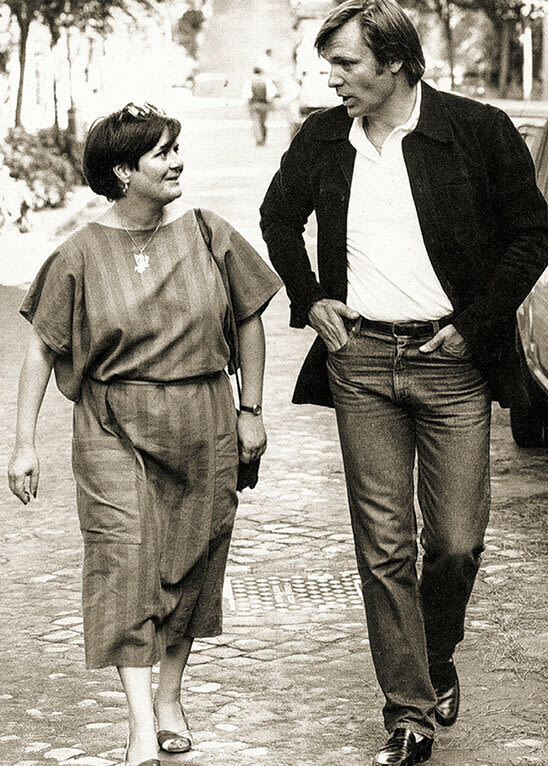
Joan Borsten and Oleg Vidov in Rome in 1985
Image: Courtesy Photo
Vidov had been making films since 1961, and was known as the “Robert Redford of Russia.” Blond and blue-eyed, with a strong jaw and a steely gaze, he was a textbook heartthrob. Unfamiliar to American audiences, he was well-known throughout the Soviet Union and the Eastern Bloc and in Japan. He married into a high-ranking Soviet family with connections to USSR Secretary General Leonid Brezhnev, but after a bitter public divorce, Vidov’s ex-wife and her powerful allies blacklisted him from the Soviet film industry and branded him neyyezdnoy–“unexportable.” He was forbidden to travel abroad.
Vidov’s career suffered, but he still made films in Russia and Yugoslavia, where he’d been given permission to live. Then, in May 1985—with the Cold War still raging—he was summoned to Moscow by the KGB and given just 72 hours to wrap up his affairs in Yugoslavia.
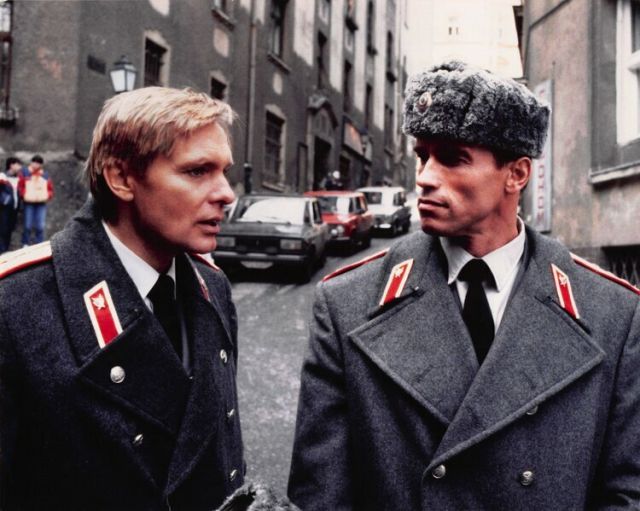
Oleg Vidov and Arnold Schwarzenegger in Red Heat
Image: Courtesy Photo
Instead, dreading what lay ahead if he returned to Russia, Vidov decided to make a run for it. A Yugoslavian friend helped him cross into Austria, where he received a 30-day visa. He then moved to Italy, where he hid with Harrison, who took him to the U.S. embassy and introduced him to Borsten.
The couple fell in love and moved to the U.S., where Vidov became an American citizen—much to the Soviet Union's chagrin. The pair landed in Los Angeles to huge headlines, and Vidov began rebuilding his career, starring in films like Red Heat, with Arnold Schwarzenegger; Wild Orchid, with Mickey Rourke and Jacqueline Bisset; and Thirteen Days, with Kevin Costner.
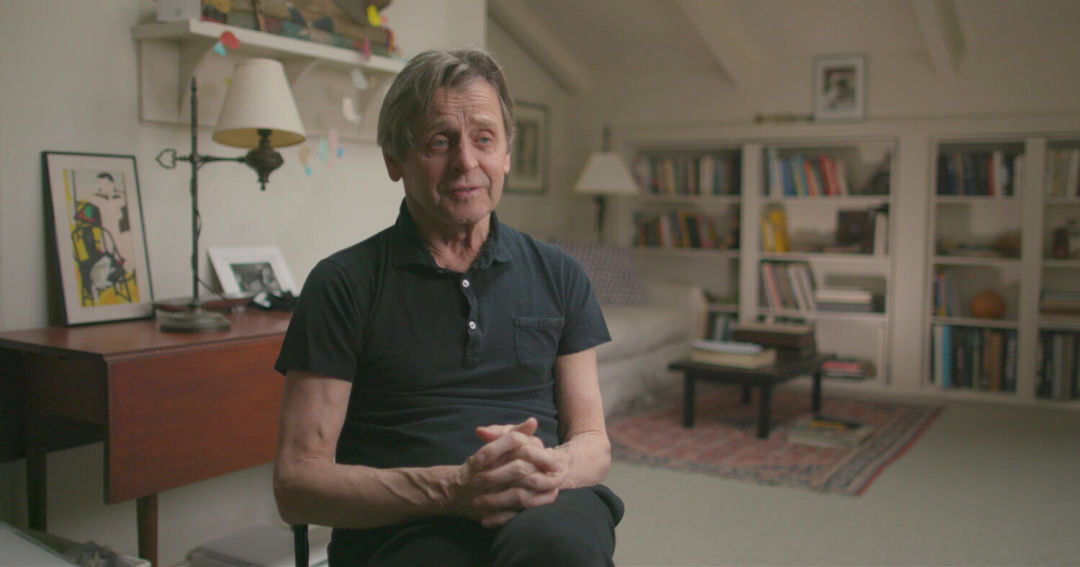
Mikhail Baryshnikov was interviewed as part of the documentary. Borsten and Vidov digitally restored his animated film Stories From My Childhood.
Image: Courtesy Photo
Along the way, Vidov and Borsten also acquired the international distribution rights to the award-winning Soyuzmultfilm Studio animation library—“the Disney of Russia,” Borsten says—and helped popularize Russian animation around the world. Their projects included series based on animation they digitally restored from the Soyuzmultfilm animation library, including Mikhail Baryshnikov's Stories From My Childhood and Rudyard Kipling's Jungle Book. Vidov lived with Borsten in California until 2017, when he passed away from complications due to multiple myeloma. They were married for 28 of the 32 years they knew each other.
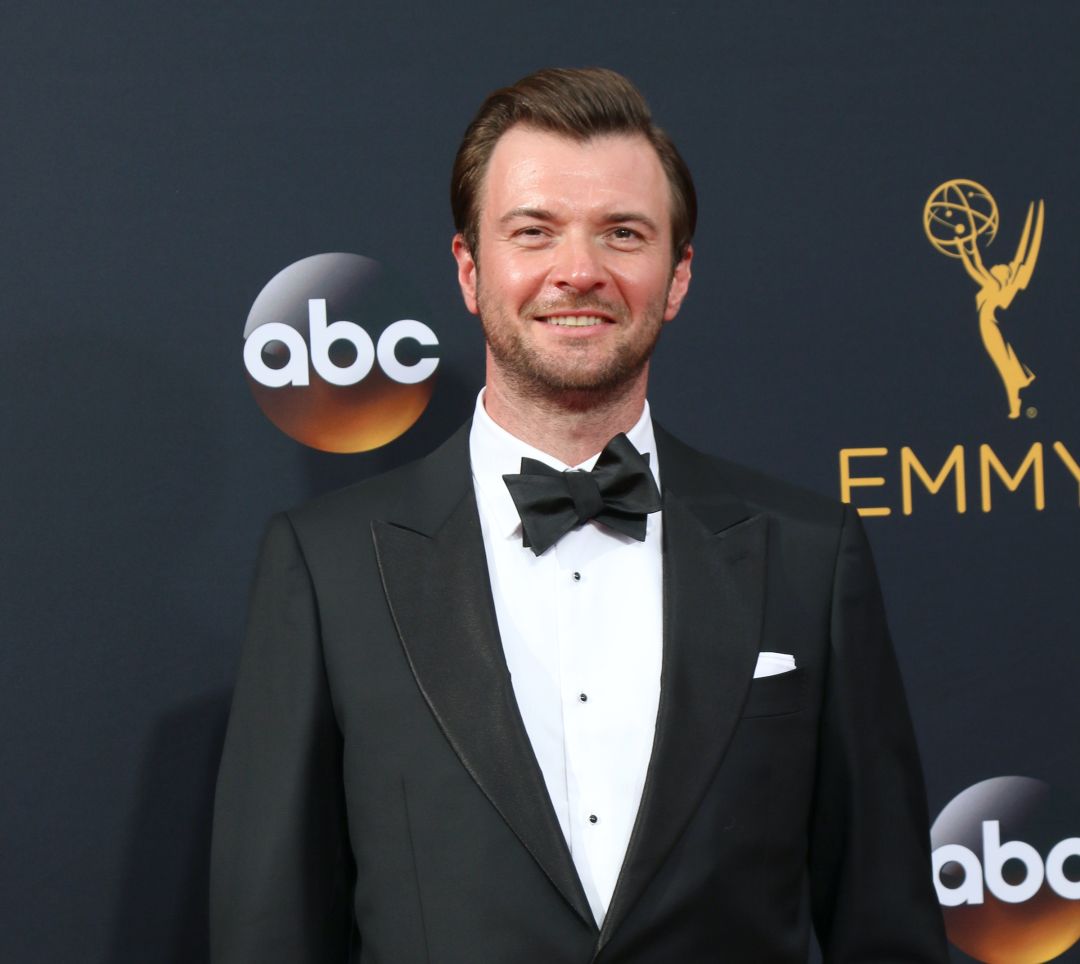
Costa Ronin, whose past projects include The Americans and Homeland, was the voice of Vidov in Oleg.
In assembling the cast and crew for the film, Borsten was deliberate in her choices. Nadia Tass, an award-winning filmmaker whose grandparents escaped Russia during the Bolshevik Revolution and raised her in Greece on Russian poetry and art, was brought on to direct. The venerable Brian Cox, who taught acting in Russia for two years, wrote a book about it and then adapted the book for a BBC series, was tapped to narrate. And Russian-Australian actor Costa Ronin—known for his charismatic turns in The Americans, Homeland and Endgame—was chosen to provide Vidov's voice.
“Oleg’s voice had to be someone who had an authentic Russian accent,” says Borsten. “I had one first choice, and that was Costa.”
“It seemed like a very ambitious project,” says Ronin, who, with Borsten, attended a screening of Oleg at the Sarasota Film Festival. “It brought with it a huge responsibility. You’re not just lending your voice to a story—you’re becoming part of something bigger than you. I needed to understand not just what Oleg sounded like, but what made him. He was the No. 1 star in Soviet Russia who, all of a sudden, lost everything and wasn’t even able to get a job. How do you navigate that? I was excited to sink my teeth into it—to do a lot of research to help bring this person who actually lived back to life, so to speak.”
Because the film was made during the Covid-19 pandemic, the production posed significant challenges, especially when it came to creating reenactments. During a pivotal scene that showed Vidov crossing the border from Yugoslavia into Austria, Tass was on Zoom in Australia and a crew was carrying out her direction on the ground in Europe while Borsten watched, also on Zoom, from L.A.
“We were never in the same room,” says Ronin. “Today, Zoom is common sense—but two years ago, we were trying to figure out how to do this thing."
“I didn’t know what was going to happen, but somehow we managed to get it done,” says Borsten.
For Ronin, the response from people who have seen the documentary and passed on positive comments about his embodiment of Vidov have been the biggest reward. “I’m an artist, so what I am very proud of is that people watch this film and recognize Oleg in the way I made him sound,” he says. “That is a huge compliment. That means, to me, that if you close your eyes, you don’t hear Costa, you hear Oleg. It means that I have done my job.”
“For me, it’s all about storytelling,” he continues. “My intention is to tell stories honestly and intentionally, not make them prettier or more palatable. I’ve been very fortunate to be part of projects that were interested in telling a story the way it deserves to be told, rather than supporting a certain narrative.”
The documentary is a testament to an actor whose fans never abandoned him.
“When we came to L.A. together, women were fainting in the street in front of me,” says Borsten. “That never changed. At one point, we went to a fan club meeting in Israel and a woman came up to us with a picture of Oleg. She’d emigrated with it 40 years ago and slept with it above her bed until her husband told her she had to take it down."
Unfamiliar With Vidov's Filmography? Start Here.
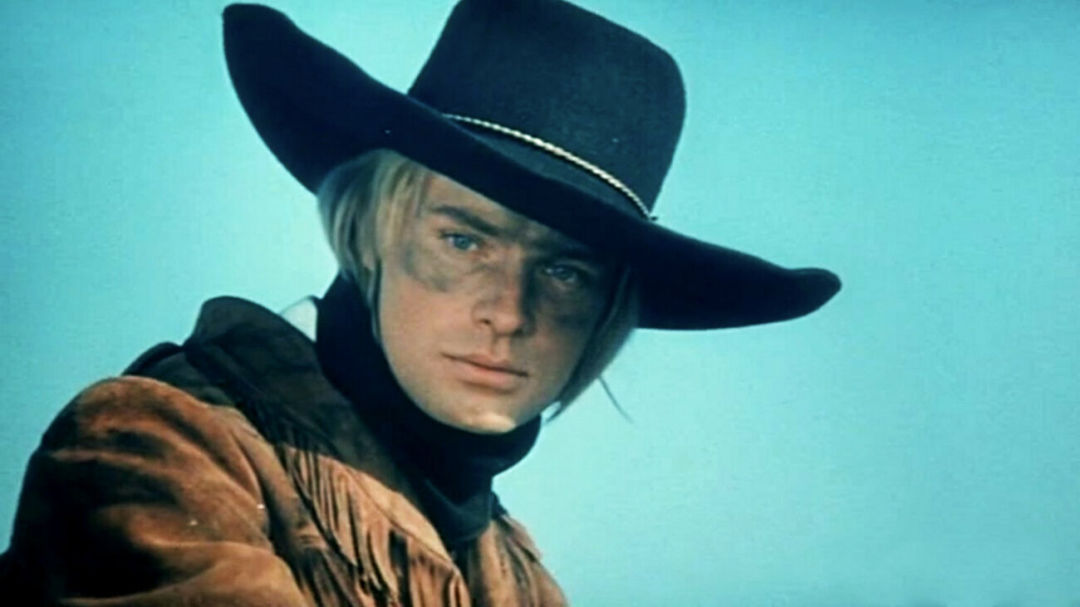
Vidov as a cowboy in Russia's first Western, The Headless Horseman
Image: Courtesy Photo
Vidov’s films "still hold up today, even if they’re a little dated,” says Ronin. “But Chinatown is, too, and you still watch it.” Here are three films he and Borsten recommend:
Snow Storm (1964)
One of Vidov’s first films, Snow Storm is based on a Pushkin novel about a poor young soldier who falls in love with a rich girl and whose story ends in tragedy. He made it while he was a student in the Soviet State Film Institute’s acting program, where students weren’t allowed to act professionally while studying, and was subsequently expelled.
The Headless Horseman (1972)
The first Soviet Western, this film was partially shot in Cuba and based on a book written by an Irish author. “The interesting thing about it is that the Soviet censors didn’t understand some of the lines in the book that were about Americans wanting to live in a free country, so they let them stay in,” says Borsten.
Moscow, My Love (1974)
Vidov played the Russian lead with a Japanese love interest. “It’s the Russian-Japanese version of Love Story,” says Ronin, “and it shows how part of what Oleg had to deal with was censorship.”



